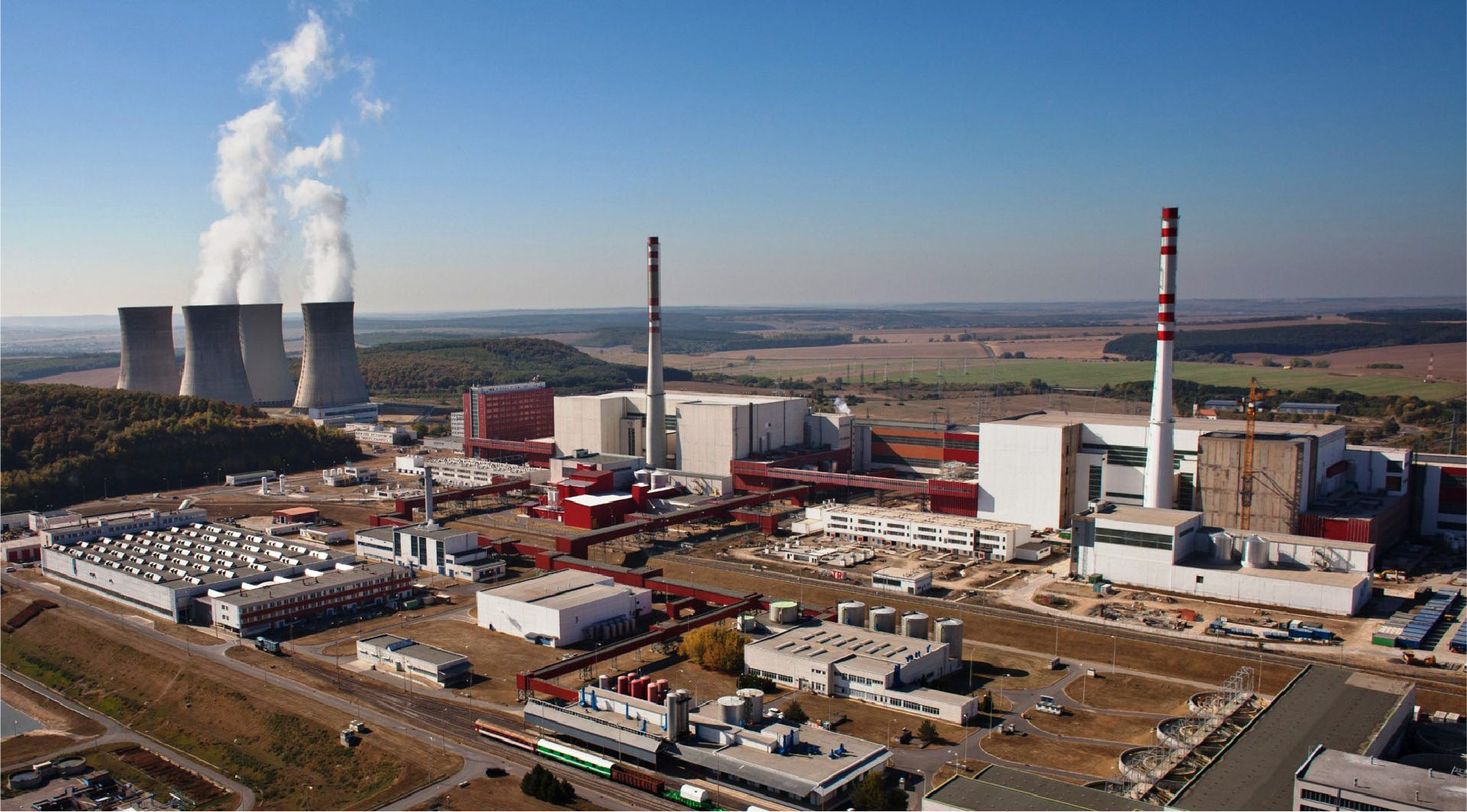
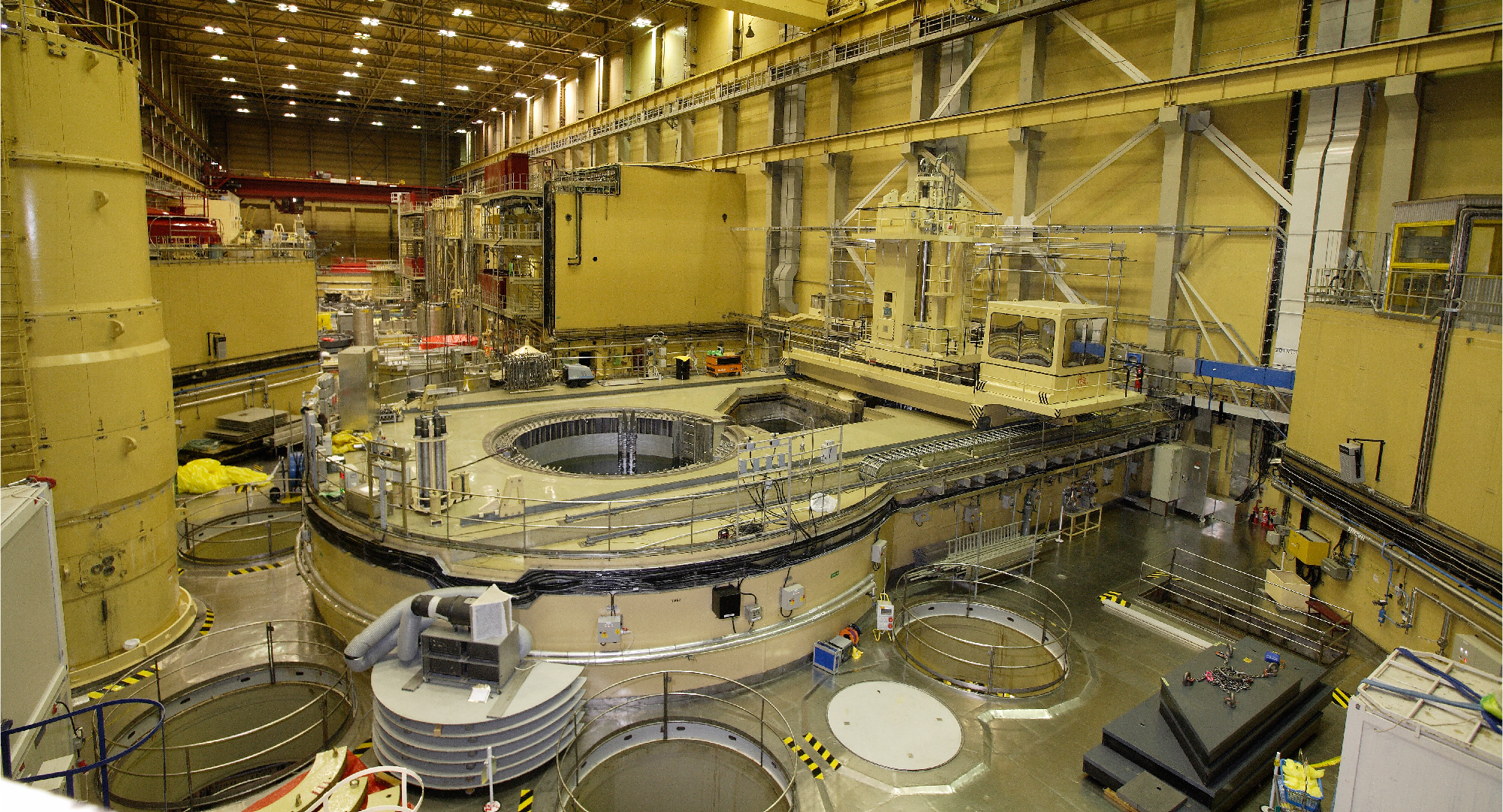
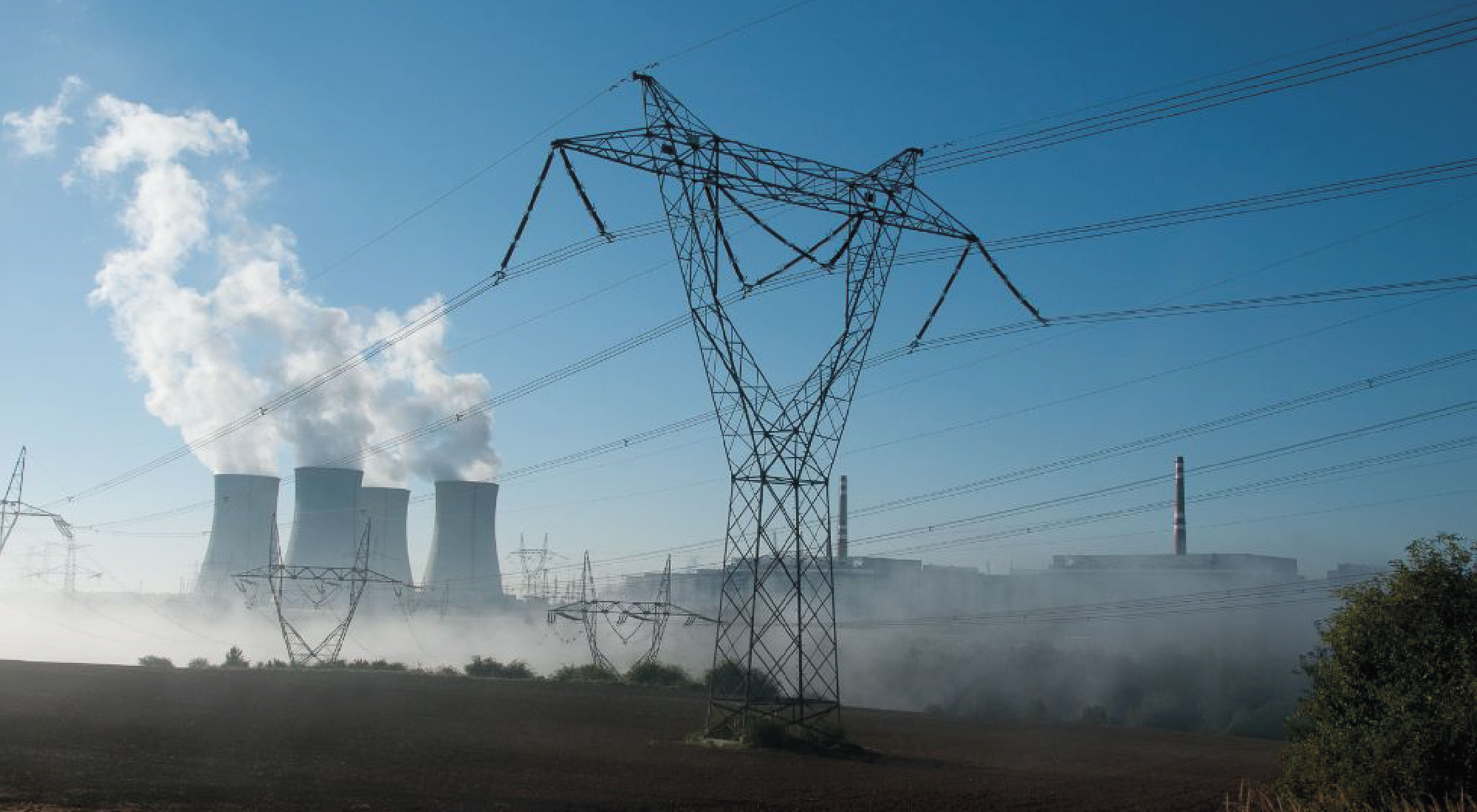
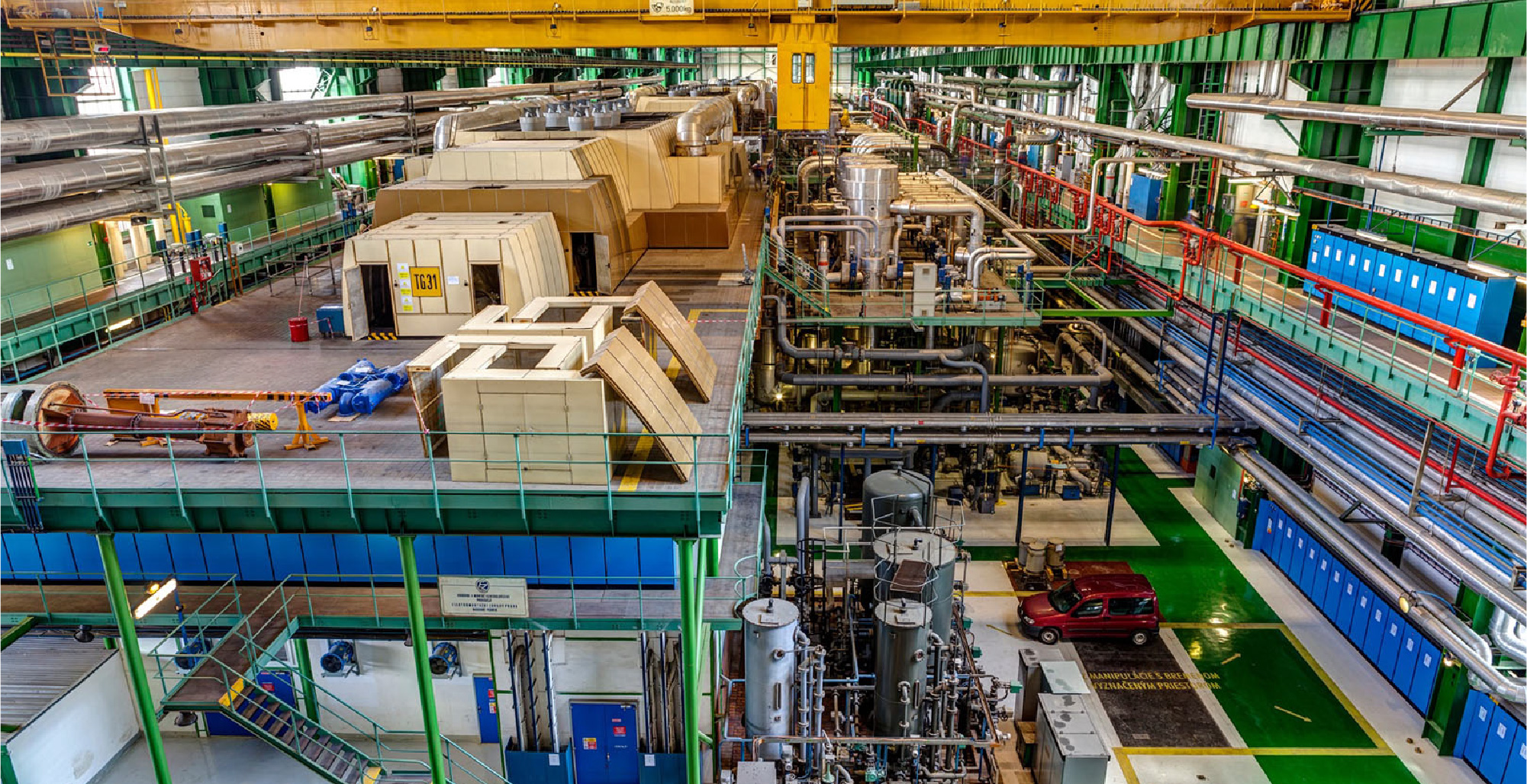
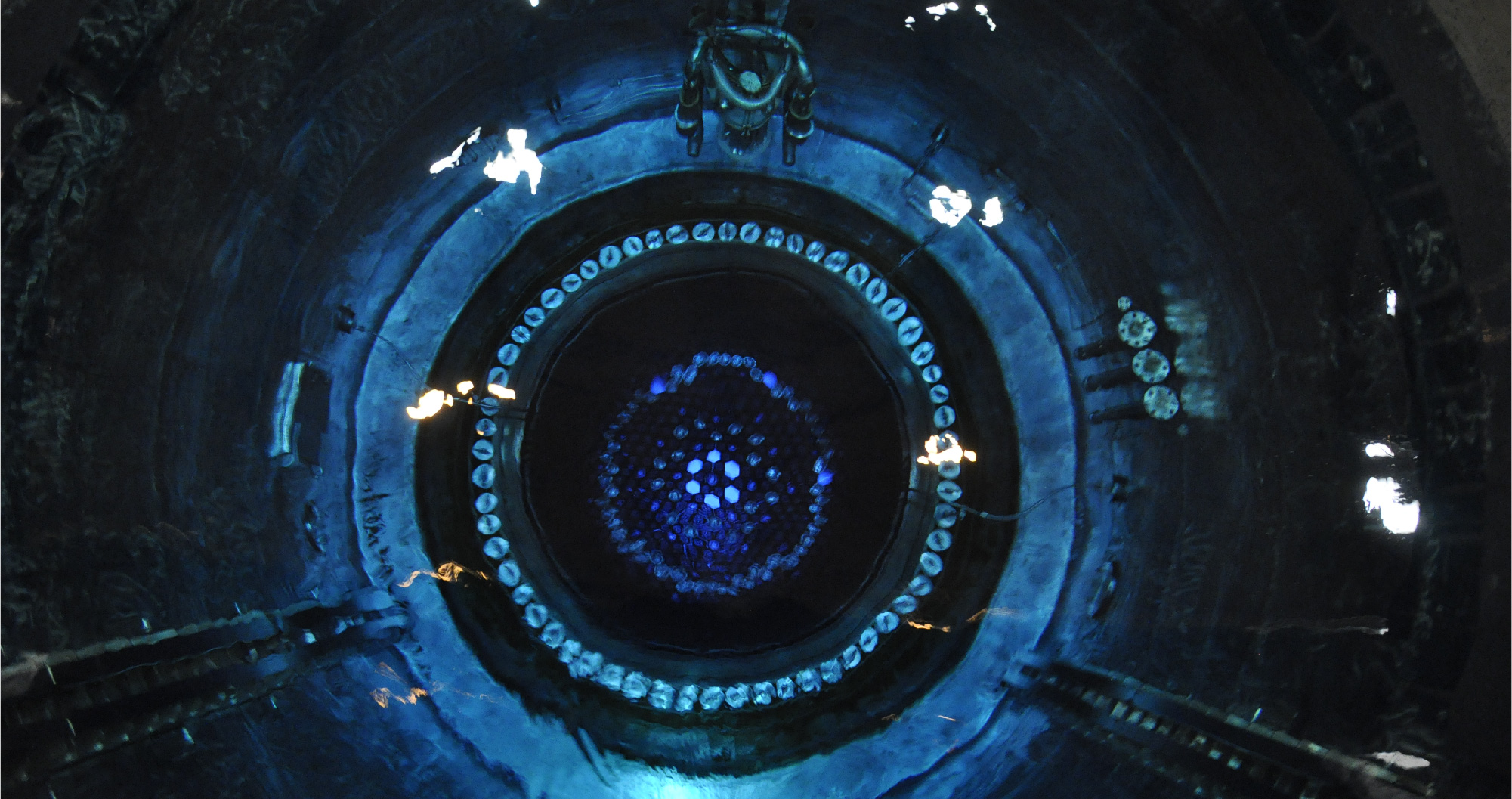
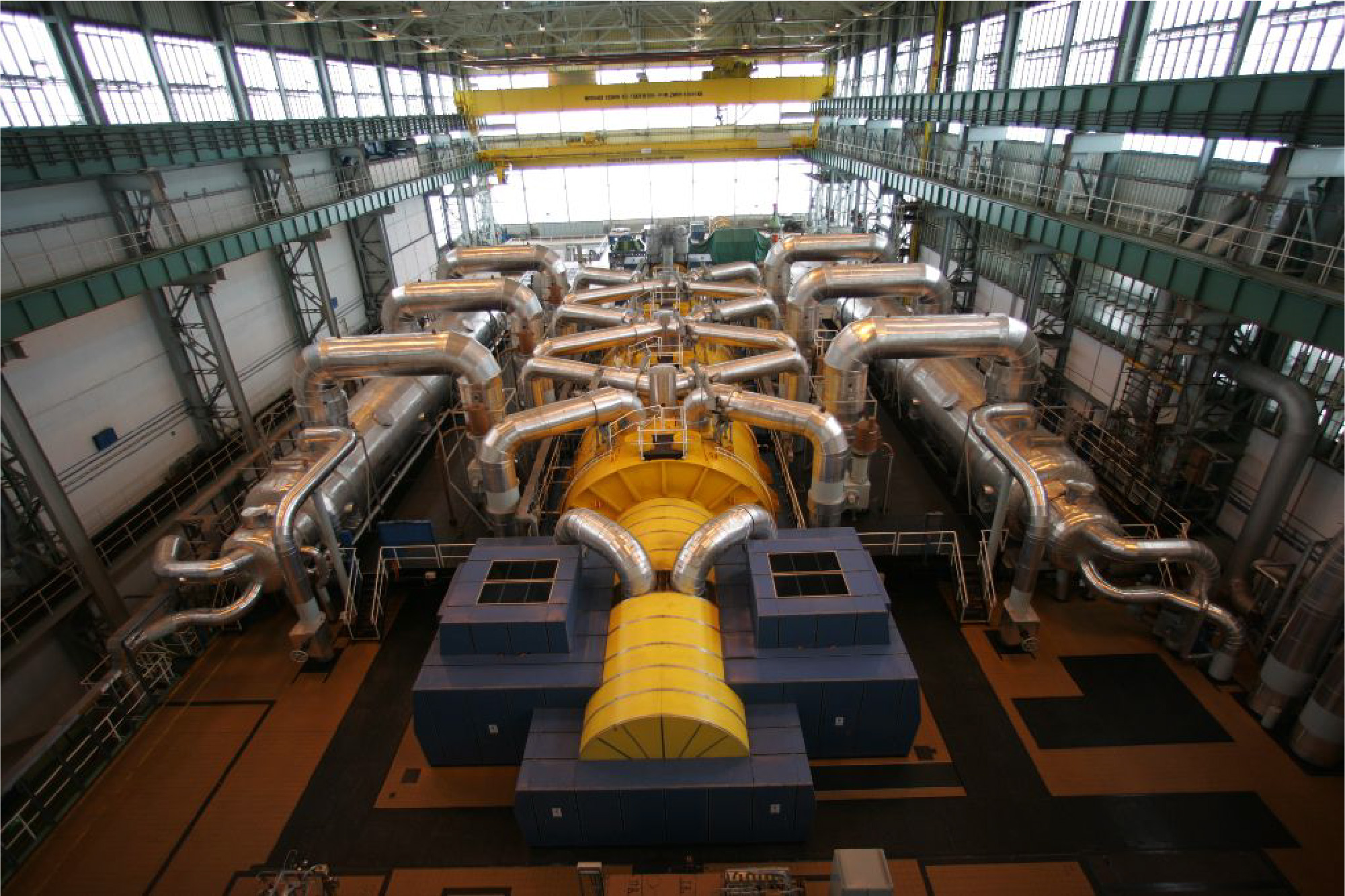
Source: CEZ Group, Slovenské elektrárne, a.s., MVM Paks Nuclear Power Plant Ltd.
Up to now there was no collaboration among all V4 countries in nuclear field on the academic level. We would like to extend already established collaborations and increase our expertise and range. This first common project will help to developed closer relationships in education and training and of course also in research and development field.
Thank you to all - lecturers and students - for participating in the project!
All lectures have been collected in the publication, which can be downloaded by clicking on its title on the right →
We will publish information on future activities within the V4 group on this website. Stay with us!
(PDF file, ca. 26 MB)
All of the Visegrad countries either operate nuclear power plants or plan to do so. In Czech Republic about 29% of electricity is generated in nuclear power plants, in Hungary 50% and in Slovakia 55%. Poland, as a newcomer nuclear country, plans to introduce the nuclear power into to its energy mix till 2033, according to the government’s policy.
The most important issue is education and training of people in various fields within nuclear industry (nuclear power plants operation, regulatory body, radiation protection, utilization of neutrons, etc.). Czech Republic, Slovakia and Hungary have been working on human resource development in this industry for nearly 50 years and there is already established collaboration in this field. Although Poland has lack of experts specializing in nuclear power plants licensing and operation, there is long experience in the operation of research reactors and their application to production of radiopharmaceuticals.
Developing of international cooperation between academic centers is very important since sharing of knowledge and experience in education and training will increase value of our graduates in the labor market. By organization of common training we want to give students chance to meet the best experts in this area and make new contacts that will be helpful in their future.
Preparation of the training course program - selection of lecture topics and their content; invitation of the lecturers.
Participants will be selected based on recommendation from universities engaged in the project. Target groups: students of master degree program or PhD students, young experts.
>>> List of students from University of Warsaw admitted to workshop
The trainig course will be taking place online. The program of the five-day course consists of lectures, experiment at VR1 reactor and a technical visit.
The common history and culture and close economic cooperation will help with sharing of knowledge and experience providing training and education programs for students, researchers and professionals among V4 universities.